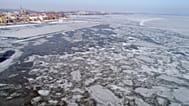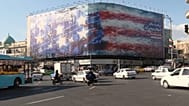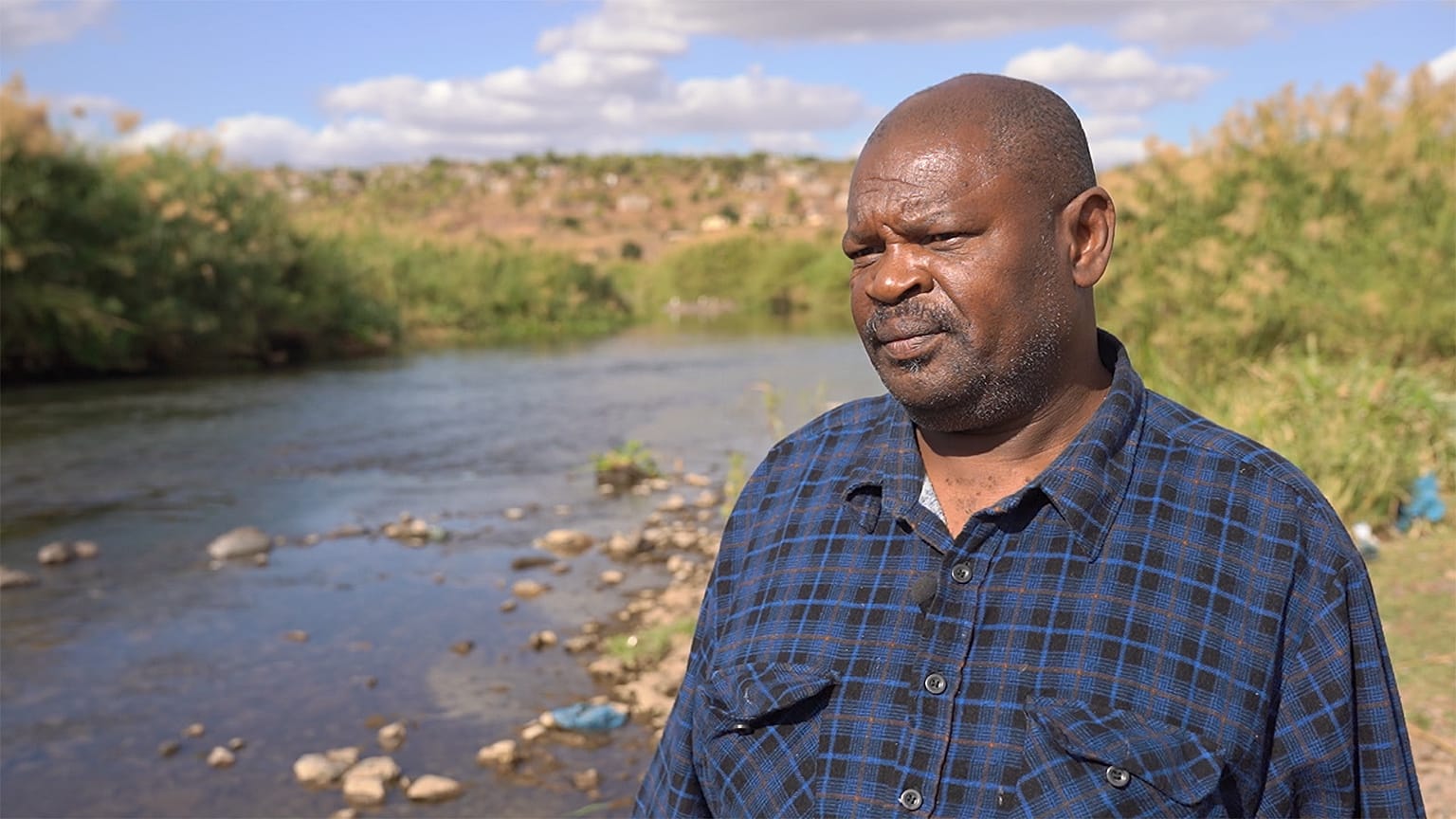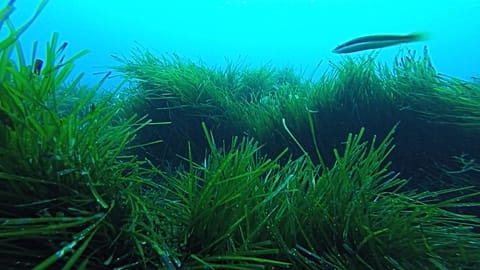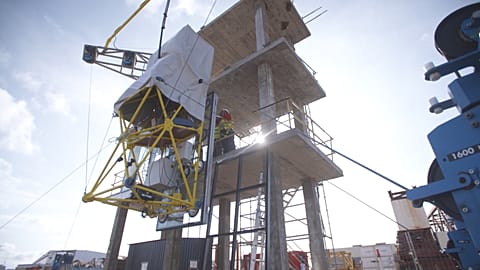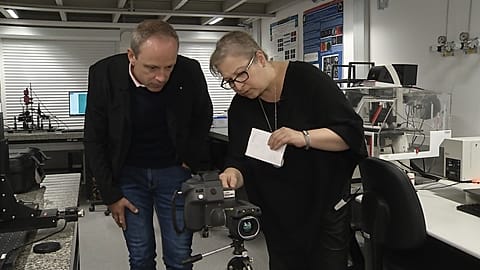The risks of untreated water in Mozambique
While new pilot programmes hold the promise of bringing safe, sustainable and affordable water to the most remote places in Africa, many small towns and villages still rely on untreated sources every day.
The town of Ressano Garcia, in Mozambique, is one such example. Water here is only partially treated against bacteria or chemical pollutants. So, many of the 14,000 inhabitants use river water to meet their daily needs. But that's very risky, as Jose Apolinario Zimba, a technical manager at the local water supply explains:
"We pump water from the river to the households. But it isn't subject to a specific treatment that could provide the population with the quality that's needed. The treatment exists, but it's really not enough."
During the rainy season, he explains, the water is very turbid but local residents use the filthy water anyway.
"We have chlorine, we have aluminium sulfates. But these treatments are not enough to remove all the dirt. So populations are drinking usuitable water and, in this context, we have had a huge problem with many cases of cholera. Because the treatment isn't adequate, many inhabitants just come directly to the river to look for water. And the water contains bacteria. But we can´'t do much more to change the situation. We lack pools to be able to treat it. And filters are not capable of cleaning and filtering the water 100 percent. So these are the conditions in which we deliver water here to the population".
To listen to the interview with Jose Apolinario Zimba, click on the player above.


